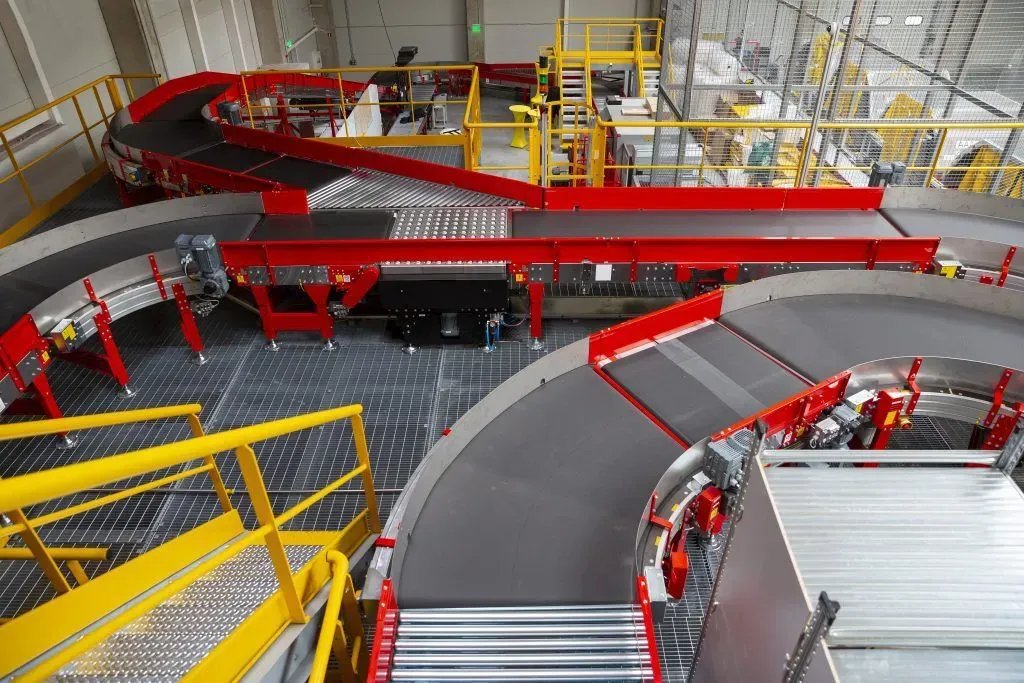At L-A-C Logistics Automation, we understand that each operation has its unique needs. That's why we offer a comprehensive range of custom conveyor systems designed to meet your exact requirements. Our industrial conveyor equipment includes various common conveyor types, such as slat conveyors, gravity conveyors, and roller conveyor belts, tailored to fit different industrial applications across a range of industries.
For more specialised needs, our modular belt conveyors and overhead conveyors provide flexibility and efficiency, making them ideal for applications in the packaging industry and production facilities. Our assembly line conveyor systems and production line conveyor systems ensure a seamless workflow, enhancing productivity through strategic conveyor system design.
When it comes to conveyor manufacturing, we prioritise safety and compliance with industry standards. Our solutions meet regulations for conveyor safety, ensuring the well-being of your workforce while maximising output. Moreover, our use of stainless steel conveyors and steel conveyor belts guarantees durability and longevity, even in demanding environments.
Incorporating advanced technology, we utilise electric motors and various types of belts to optimise the performance of our conveyors. Our pipe conveyors and wide conveyors are engineered for bulk material handling, offering reliable transportation solutions for heavy loads.
With our commitment to innovation, we undertake advanced conveyor projects that push the boundaries of what's possible in the conveyor industry. Whether you need a Desktop Conveyor for small items or a full-scale conveyor business solution, L-A-C Logistics Automation is your trusted conveyor supplier, ready to provide the best conveyor components for your operations.
Our team of experienced professionals is here to assist you with conveyor maintenance, ensuring your systems remain operational and efficient. Trust L-A-C Logistics Automation to deliver the best in conveyor belt types and conveyor chain types, enhancing your material handling processes and keeping your business moving forward.
For more information or to make an enquiry about our industrial conveyor solutions, please contact us today.


